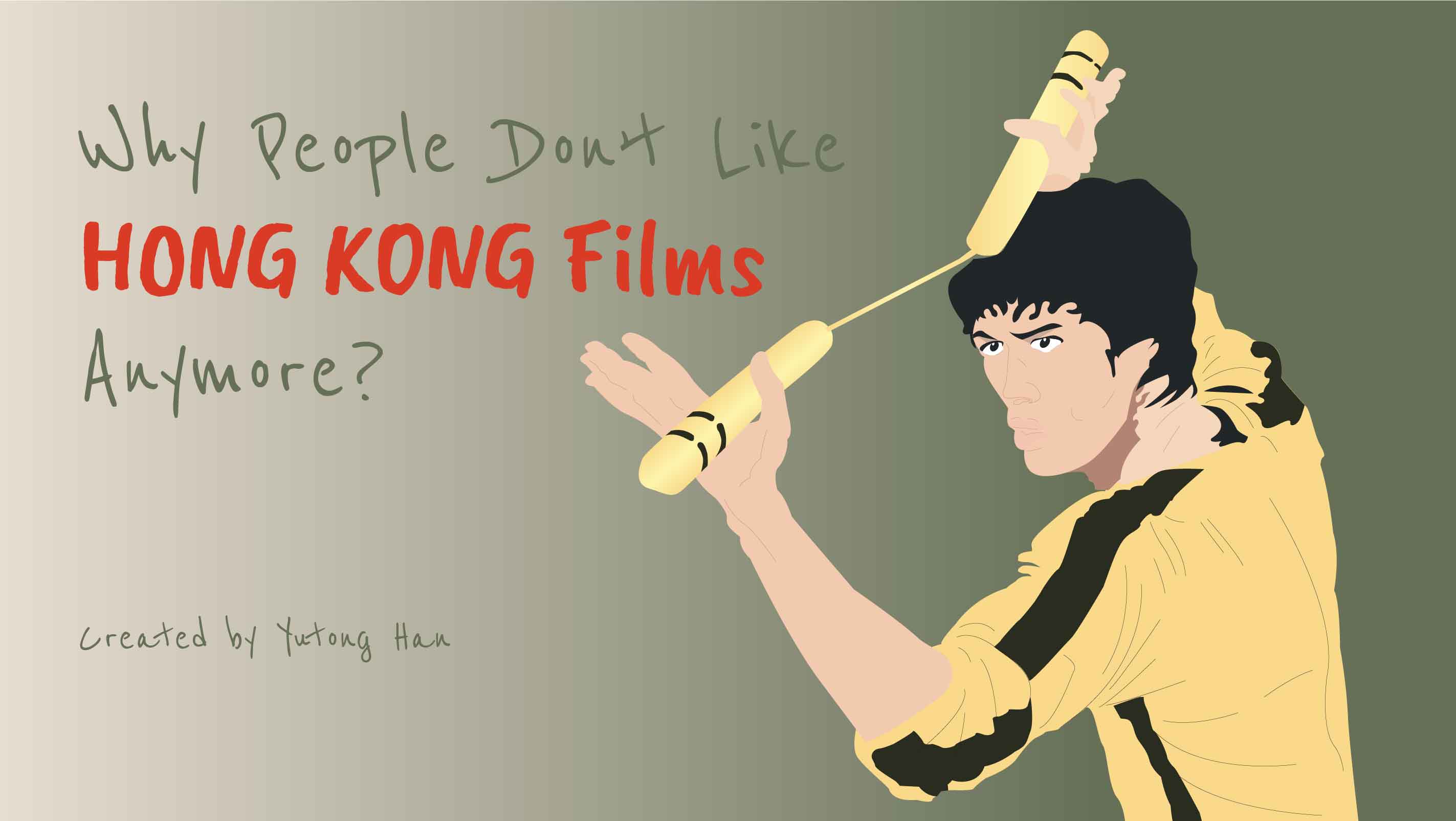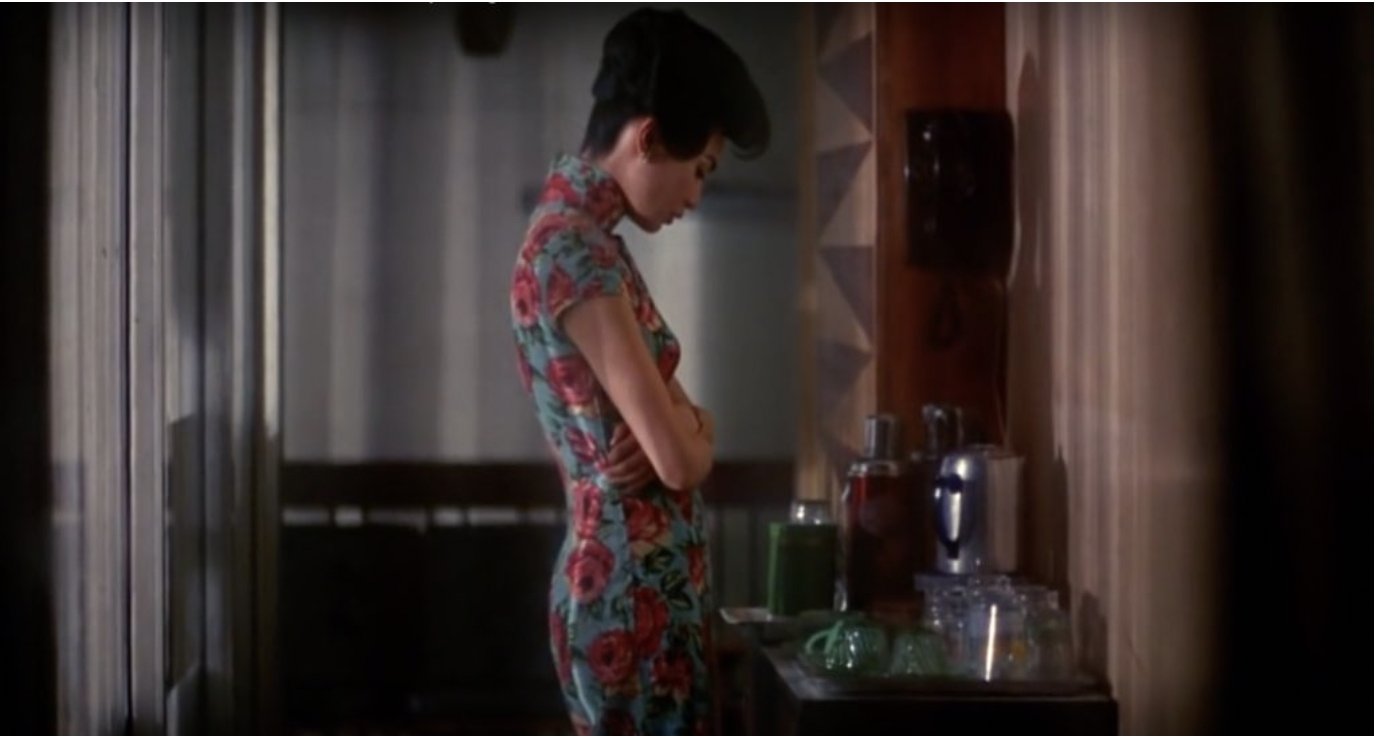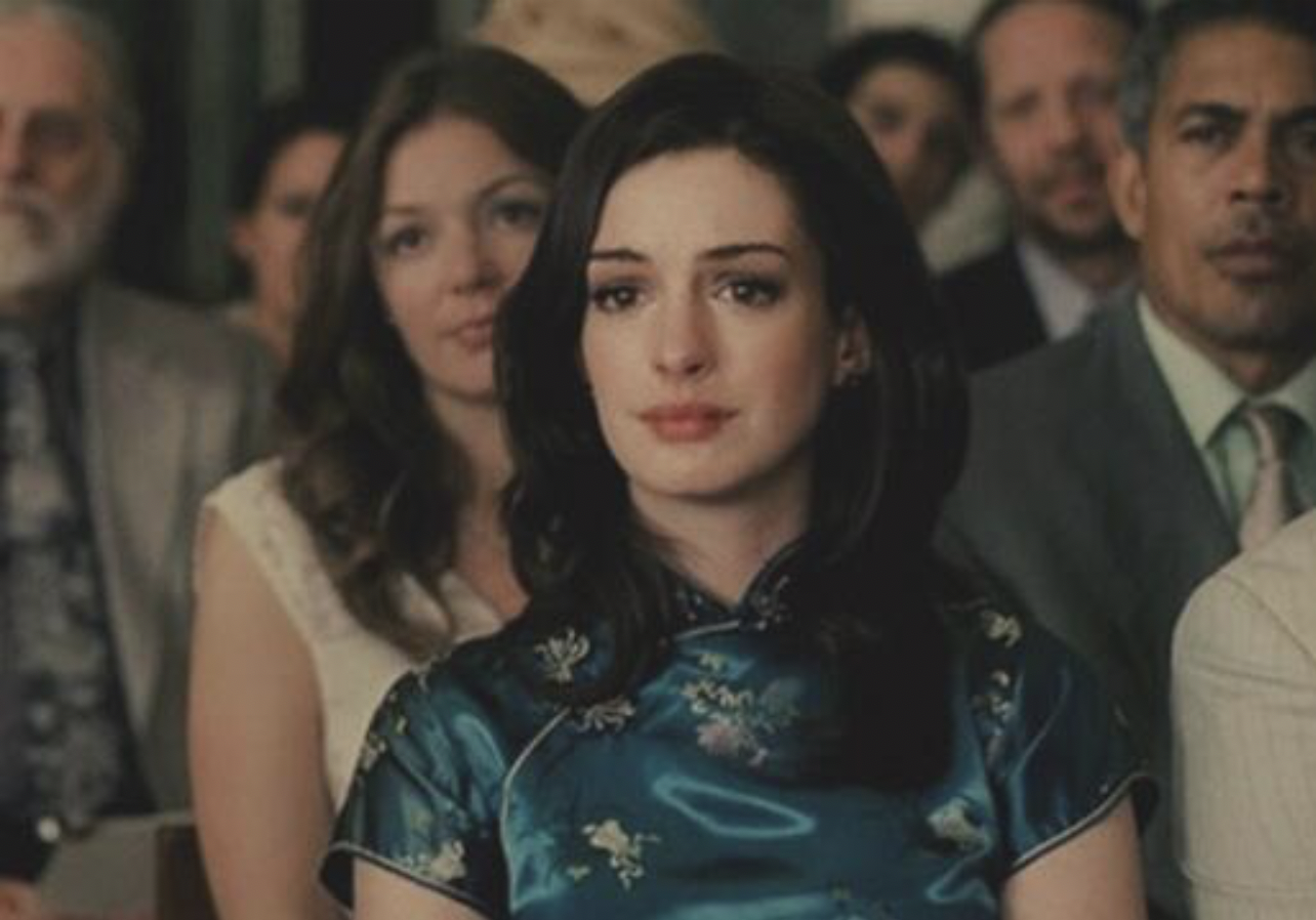

In the 90s, Hong Kong films were famous: Kungfu films were exceedingly popular in the western market, while comedies and romantic films were the highlights in the market in mainland China. At that time, Hong Kong was the leader of Asian economy. Bruce Lee and Jackie Chan became superstars because of the popularity of HK films. Even today, quite a few fans still miss the days various HK stars showing at the stage of films. People still cherish the memory of Bruce Lee, missing his unique understanding of Kungfu, missing his philosophy of martial arts. Even Mike Tyson said:” Bruce Lee had an awesome philosophy about life: you hurt your man, do as much damage as you can and then you get out.” His “Be Water” theory is also famous:
“Empty your mind. Be formless, shapeless, like water. Now you put water into a cup, it becomes the cup. You put water into a bottle, it becomes the bottle. You put it in a teapot, it becomes the teapot. Now water can flow, or it can crash! Be water, my friend!”

Bruce Lee with Nunchakus
Source: https://www.instasaver.org/hashtag/bruceleefans
While Kungfu films got a huge success in western market, other types of Hong Kong films also swept China. For example, In the Mood for Love makes thousands of girls have a dream to have a cheongsam, which is a traditional cloth for Chinese women. It’s known as expressing the women’s bodyline.

Maggie Cheung wore 23 different cheongsams in In the Mood for Love
Source: https://www.pinterest.co.uk/pin/121667627414098242/

Anne Hathaway wore it in One Day
Source: http://k.sina.com.cn/article_6422373372_17ecda3fc001003xke.html
Chinese swordplay films make thousands of boys dream of becoming swordsmen. And Stephen Chow has been regarded as Hong Kong’s King of Comedy because he has appeared in more than 50 films and won numerous Hong Kong Film Awards.

Stephen Chow mimicked Ultraman
Source: https://www.instasaver.org/hashtag/bruceleefans
One explanation for people’s constant memory of past Hong Kong films is that they don’t watch Hong Kong films now. In the 90s, the Hong Kong film industry produced over 200 films per year, compared to less than 50 today. Back to today, even the HK people don’t enjoy native films anymore, let alone western audiences. If we compared the top 10 box office films in 1992 and in 2018 in Hong Kong, you will find a supervising fact: the top 10 films in 1992 are all made in Hong Kong. In 2018, 8 of the top 10 films were made in America; most of them are also superhero films. The last 2 are Korean films.
What happened to Hong Kong films? Why are they not popular anymore?
From the line chart, we could clearly notice there is a significant decline in the line of “Number of Countries importing HK films” after 1981, which is 90. That’s also the year the last film that Bruce Lee showed, the Game of Death 2. With his death, people’s interest in Kungfu seems to decrease a lot. A movie called Action 2, which is a brilliant Kungfu film, was published in 1983 lead by Jackie Chan. This movie reverted the decline of the export of Kungfu films to the world. However, their hard work still can’t stop the decline.
If we compare the genres of the top 10 films in 1992 and 2018 in Hong Kong, we notice a change in people's tastes in movies. People used to like “action”, “comedy”, “drama”. But they are now big fans of “sci-fi”, “fantasy”. The key point behind “sci-fi”, “fantasy” is the science in movies.
The visual effect technology ranges from motion capture film techniques, the science of perspective in chase scenes, state-of-the-art cameras, and the creation 3D worlds. People’s requirements for the science of movies become more and more strict. Seven of the top 10 films in 2018 are 3D films. And they all have IMAX versions. People have gotten tired of traditional films. They want fantasy, innovative, exciting films.
And the Hong Kong film industry can’t do that. On the one hand, they cannot create films with advanced technology. If we compare the intellectual property proportion in Hong Kong, Singapore, China, the United Kingdom, and the United States, China used to be the last, but has since caught up and surpassed the other countries. Hong Kong has fallen to last place. That means Hong Kong lacks the core competitiveness of technology development, to some extent.
If you don’t think this chart directly related to the lack of technology development in Hong Kong, we can see another chart:

It’s clear that the rich love investing in real estate in Hong Kong according to Forbes. Actually, 24 of 50 rich people’s wealth originates from real estate investment in HK. Nearly half of the wealth is focused around real estate in Hong Kong.
Things are totally different in China and America. We are very familiar with Amazon, Apple, Microsoft, Alibaba, Huawei. Some people’s wealth originated from their unique technology of making smartphone screens, or building social media platforms. But in HK, technology has no chance to get developed, because businessmen were not interested in high technology investment. However, since technology is the core competitiveness for everywhere. Resulting from their decisions, HK business lacks the core competitiveness, even if Hong Kong is the economic center of Asia (In recent years it has gradually been replaced by Shanghai and Shenzhen). Hong Kong’s technology can’t support people to create a trusted brand. That causes the fragility of Hong Kong’s economy.
Because it relies on other countries’ economies, Hong Kong is sensitive to the crises. In this way, the rich are also sensitive to the vulnerable economy.

Films are expensive investment items. Many film budgets range from $100 – $150 million. For fic firms, it’s more expensive. Take The Avengers Infinity War for an example. With an estimated budget in the range of $316–400 million, it is one of the most expensive films ever made. People are too nervous to invest expensive, high-risk items. They like to invest water, electricity, gas, oil, real estate and so forth. Four rich families monopolize life’s essentials in Hong Kong that hurt people’s life, causing high living costs, huge income inequality. People could only buy a 22m2 house with 1 million dollars in Hong Kong. They can’t afford that, so they have to live in a “coffin room”. Furthermore, theater ticket is expensive because of high rent and limited numbers of theaters. Because the receipts of the theater is less than the malls and apartments, the number of theaters is becoming less and less. Opening theaters more like to screen superhero films compared with native films, due to the pressure of monthly statement. In this case, consuming movies is not an easy thing.

Coffin Room
In the end of this article, you know why Hong Kong film is not popular anymore. In Hong Kong, they have a word “zap sang”, which means that even in the worst wrecks, Hong Kong people still try their best to win a chance of survival. They work very hard. They did do a great job. But did they win? Will the protest win and then get what they really want? Maybe you don’t need my answer. You have a conclusion in your mind.
Thank for professor Lenny Martinez's help. Without their help, I cannot make it. For the exports of cotton, wool and silk from China to the world, data was retrieved from the book Statistics of China’s Foreign Trade During the Last Sixty-five Years. The total exports and main five categories of exports in China and USA to the world are based on UN COMTRADE datasets. The imports of Chinese denim to USA in 1996 and 2018 are retrieved from USITC DataWeb. I built it by D3. If you want to know more behind this article, welcome to my blog and my portfolio website.